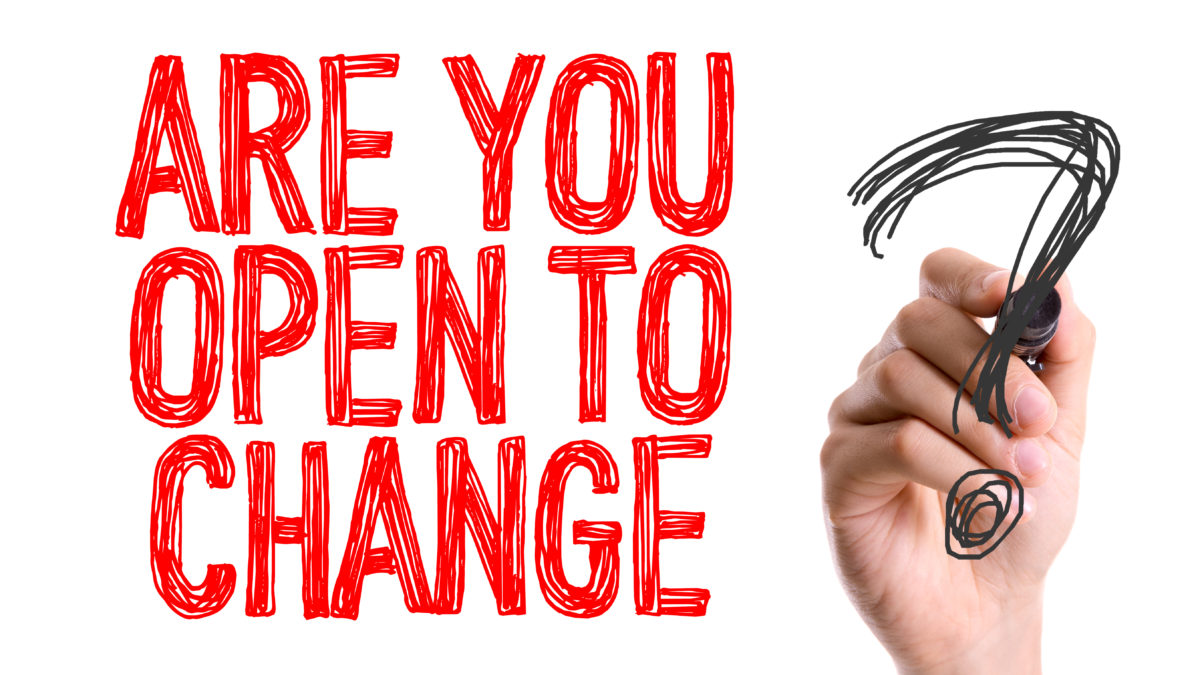
Leading Diversity: Lessons From An Onboarding Mishap
March 12, 20183 Tips for Leading Change and Transitions
It is hard to out-train poor leadership when it comes to leading teams through change and transitions. Change efforts often carry a high emotional load on people involved, and the effects of poor execution and leadership are remembered. It’s human nature to remember emotionally arousing events more vividly and for longer. To save some pain and, perhaps, earn yourself a bigger bonus, here are three tips to boost your leadership game:
1. By leaving room for the people around you to experience their value, you can expand your pool of champions.
Start with genuine respect for the needs, interests, and ingenuity of your team. Resist the temptation to lead a transition effort as a lone ranger, and with a just-do-it focus on the task. Instead, build a coalition of support. Steer its effort with a clear focus on vision. Yes, it may take more time to coach the team through their own process, but remember, as a leader you get work done through others. Serve and enable your champions first. Allow them to chart the path and see their value in the collective effort. The more they see their value and know that they are appreciated, the more they will likely contribute.
ASK YOURSELF: How might I: (1) communicate clearly and succinctly the vision for which I want my team to strive; and (2) make room for them to move us to the goal line, their way?
2. Best practices can be a friend or a foe. Check for fit and feasibility first.
A “best practice” can be a nifty shortcut to gain the know-how you need to get results sooner. Keep in mind, though, that the same best practice may not fit every environment, and if it does, it may not be feasible in every situation. For instance, a financing strategy that applies to an educational institution may not be right for a paramilitary organization. And if you are intent on finding an innovative solution, then you will have to put the voice of “best practice” on mute.
Consider, in such a case, taking an experimental approach. Test a minimum viable solution for the situation you want to address, and improve on it as you gain feedback and learn. State the learning objective to your team upfront, and cultivate a constructive attitude toward failure. You will boot up a learning mindset in your team and thwart the inevitable naysayer. Try it. You may be surprised at how an iterative process for “solutioning”, driven by a learner mindset rather than an expert mindset, could be your friend in a novel situation.
ASK YOURSELF: How might I apply a learning approach in this situation to energize my team to think in possibilities; treat failure as a gift; and expand our practical options?
3. You will earn more traction with wins linked to sustainable strategies.
Vetted research shows that quick wins can energize a team. When you go after short-term wins, however, make sure that the results have staying power. The benefits must be sustainable for change to stick. What gives change sticking power is your effectiveness at creating learning pathways that embed patterns and practices which can be readily recalled, replicated and repeated in different ways.
ASK YOURSELF: How might I share and grow this success to make the meaning, memory, and momentum of it not go away?
As you consider what else could help you lead change and transition more effectively, please share your thoughts. We may be able to collaborate to support you.



